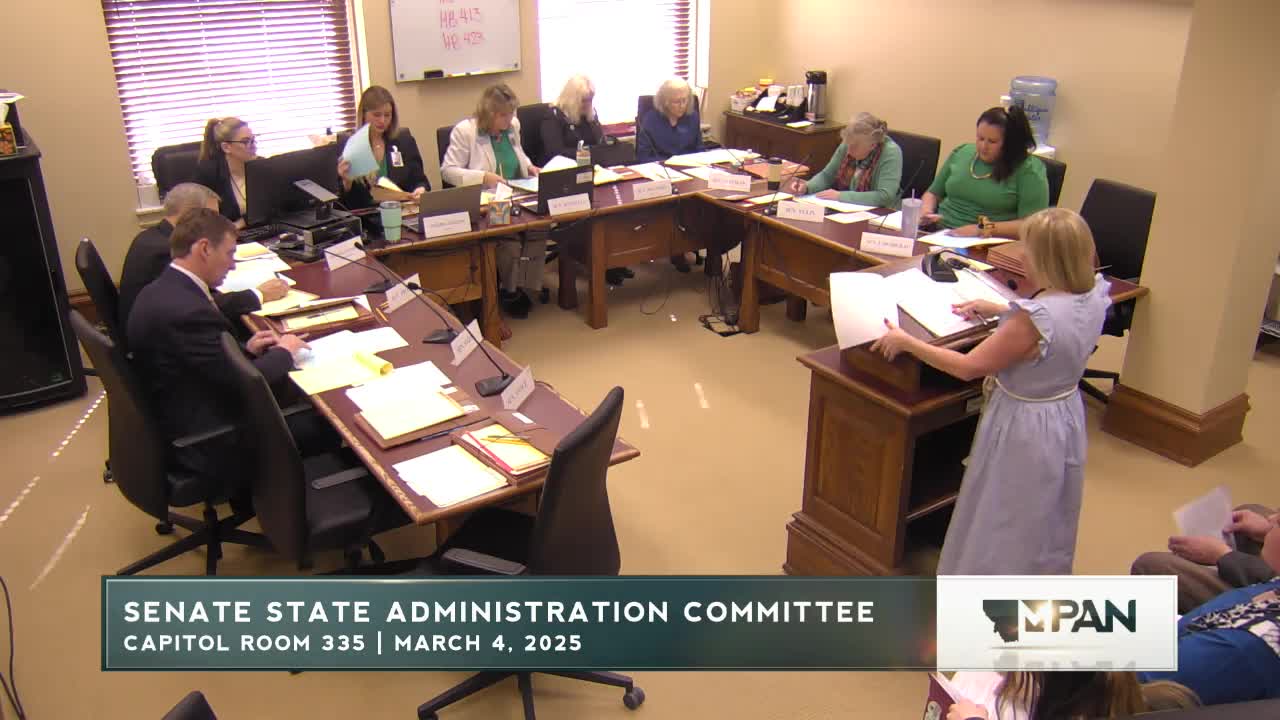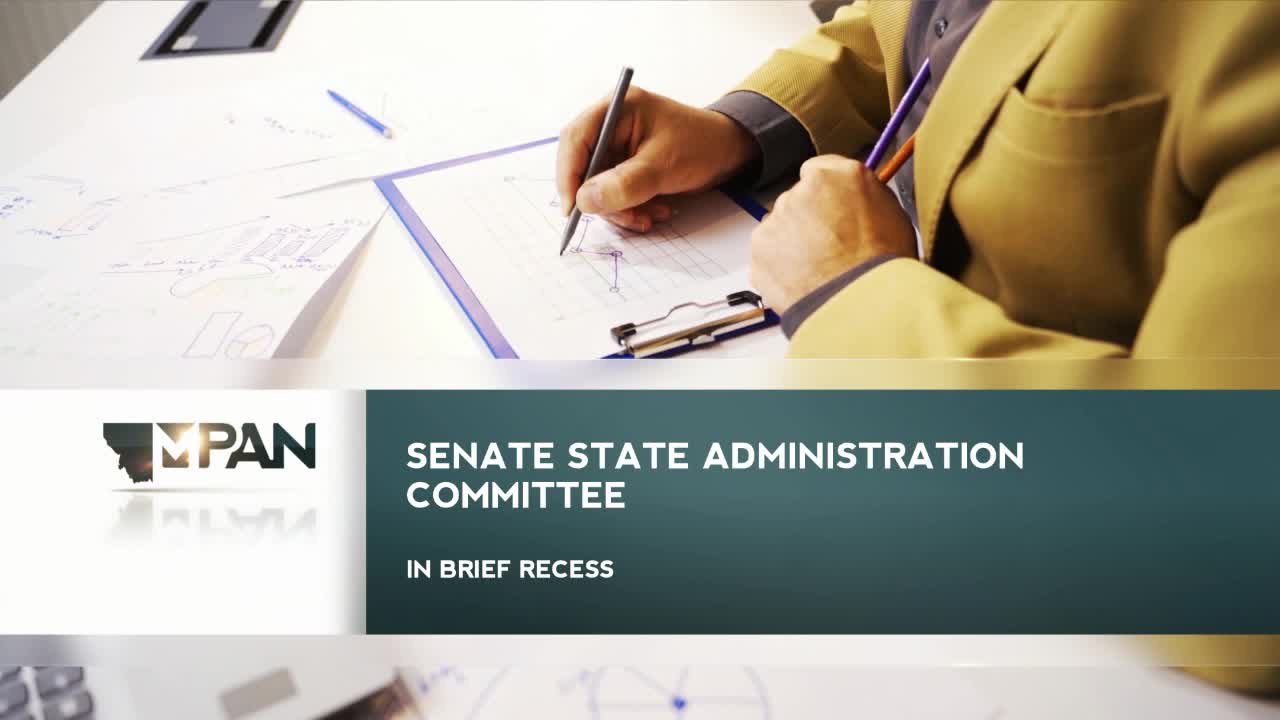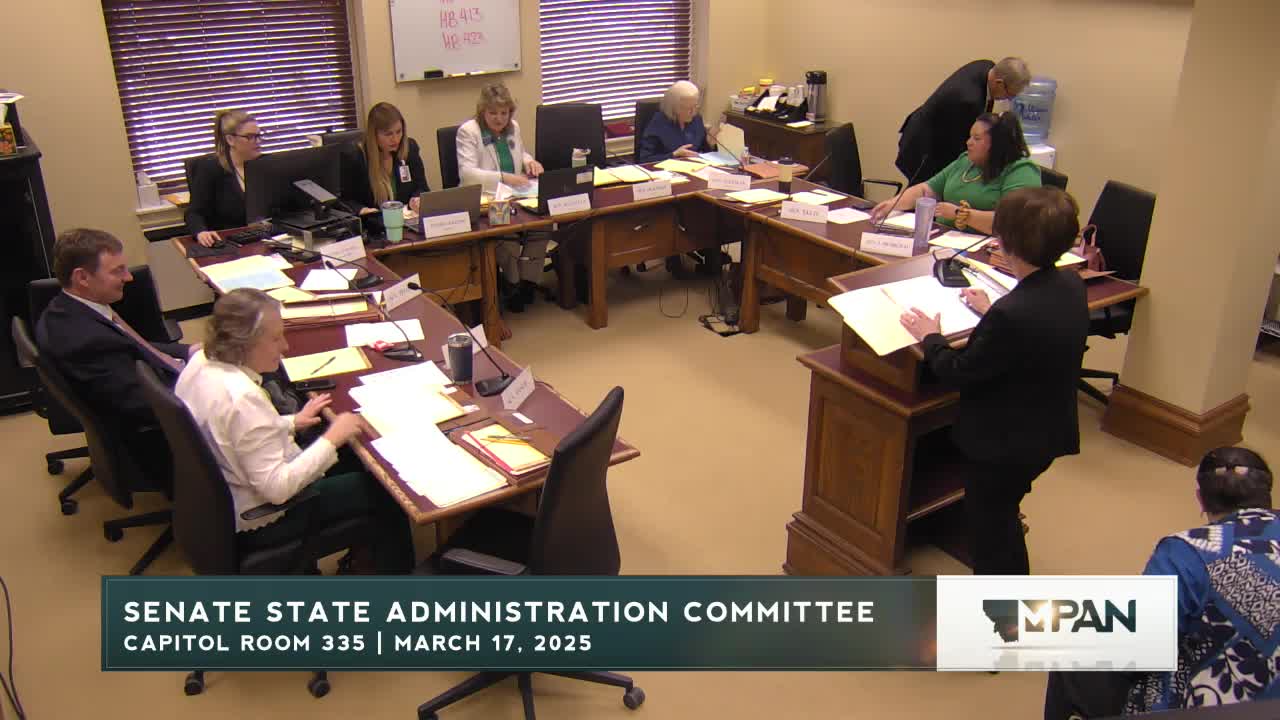Article not found
This article is no longer available. But don't worry—we've gathered other articles that discuss the same topic.

Montana bill clarifies 'temporary' residency language; witnesses disagree over student voting impact

Bill shortens filing window, adds 'sore loser' restriction; third-party groups warn of higher barriers

